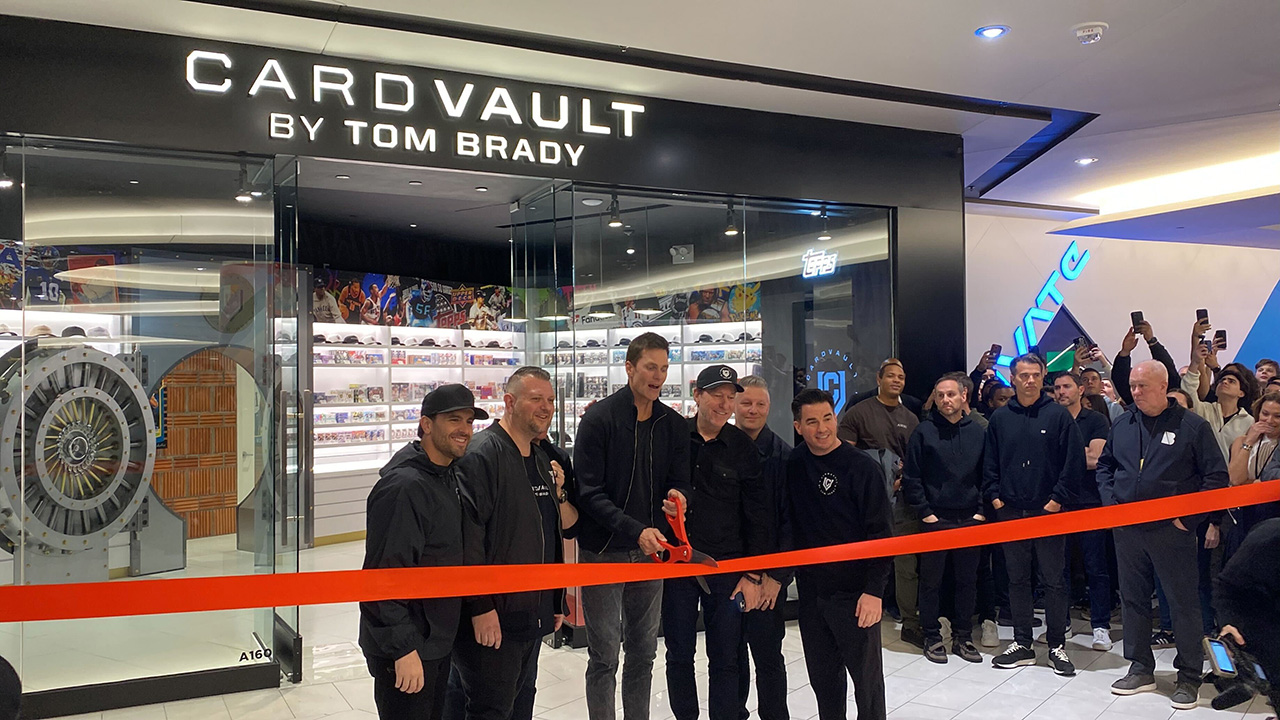Šefčovič: Internal EU trade is hindered by many barriers, we are looking for solutions

Bratislava – Despite operating in the largest single market in the world, we still have many barriers among us, said European Commissioner for Trade and Economic Security Maroš Šefčovič to TASR during last week’s Visegrad 4 Business conference in Bratislava. According to Šefčovič, reducing barriers between individual member countries could compensate for the damage caused in the area of international trade.
“Studies show that if we manage to reduce these barriers among ourselves, it could quickly compensate for any potential losses from international trade,” the commissioner said.
He also pointed out specific areas where there are currently many obstacles within the internal trade of the European Union (EU). “There are many barriers when it comes to providing services, providing digital services. There are certainly still quite a few barriers regarding the trade of goods, where, for example, it is still necessary to undergo various permitting processes and obtain various certificates. Of course, the free movement of labor is often conditioned by various professional and other tests,” he specified.
At the same time, he explained that during the COVID-19 pandemic and especially at the beginning of the war in Ukraine, European countries focused on addressing the most urgent problems, which slowed down the pressure to remove barriers within the single market. He stated that as a result of the situation, the Executive Vice-President of the European Commission (EC) for Prosperity and Industrial Strategy, Stéphane Séjourné, was tasked with focusing on these barriers, examining them one by one, determining what hinders better economic prosperity, and where these barriers limit economic development, so that the process of their removal could gradually begin.
Focusing on removing obstacles within the EU internal market is also related to supporting sectors that form the economic base of individual member countries. In the case of Slovakia, this primarily concerns the automotive industry, which is an important part of not only the European market.
Šefčovič emphasized that with this success comes the responsibility of Slovakia to be a leader in new trends such as electromobility, hydrogen technologies, and battery production. According to him, it is also crucial to modernize this industry, digitize it, and adapt the education system to new requirements, including preparation for the artificial intelligence revolution. Following the need for further development of this strategic sector, Šefčovič stated that the EU wants to fully support the opening of new export opportunities, citing the agreement with the Mercosur countries as an example. (June 16)
What's Your Reaction?
 Like
0
Like
0
 Dislike
0
Dislike
0
 Love
0
Love
0
 Funny
0
Funny
0
 Angry
0
Angry
0
 Sad
0
Sad
0
 Wow
0
Wow
0


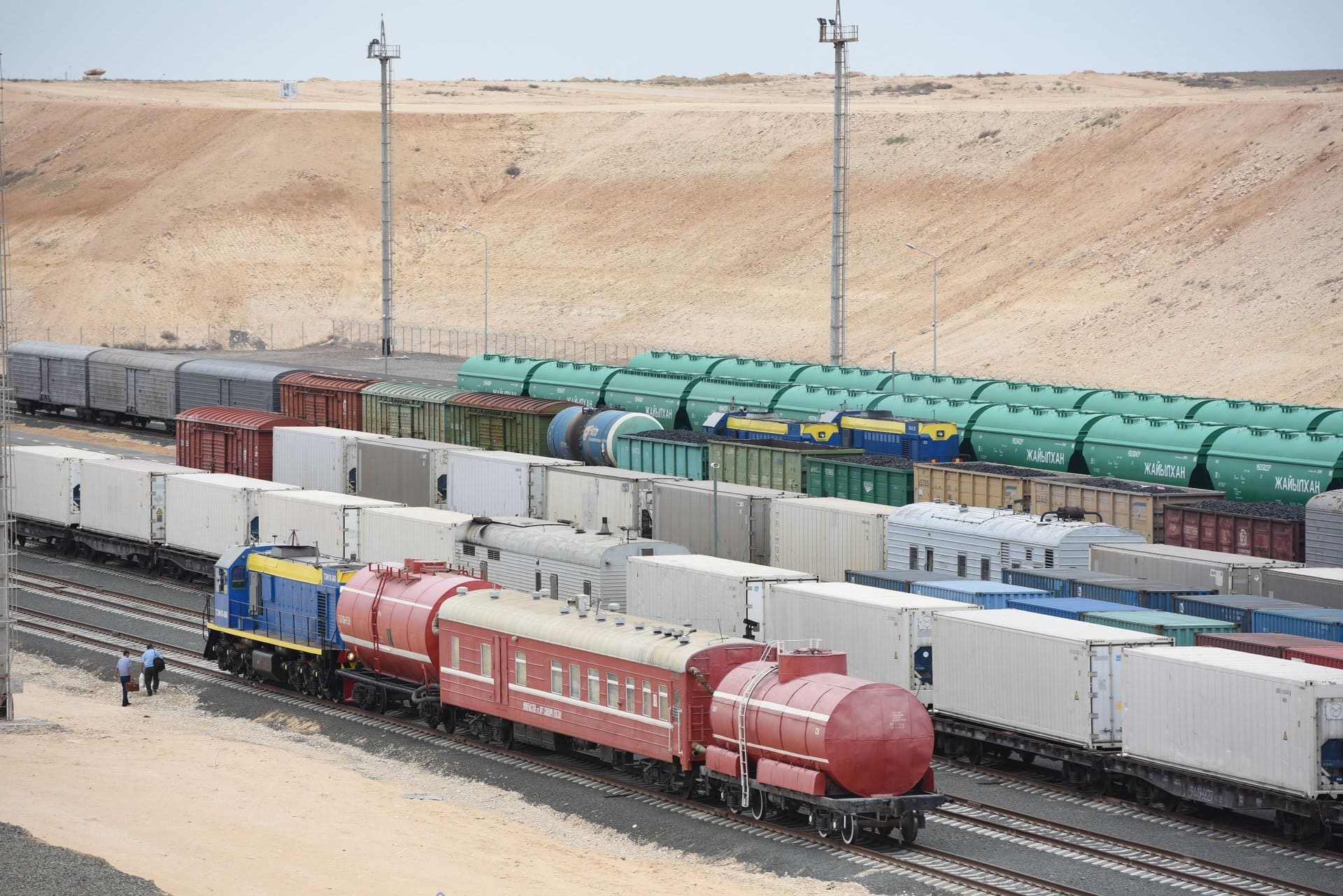
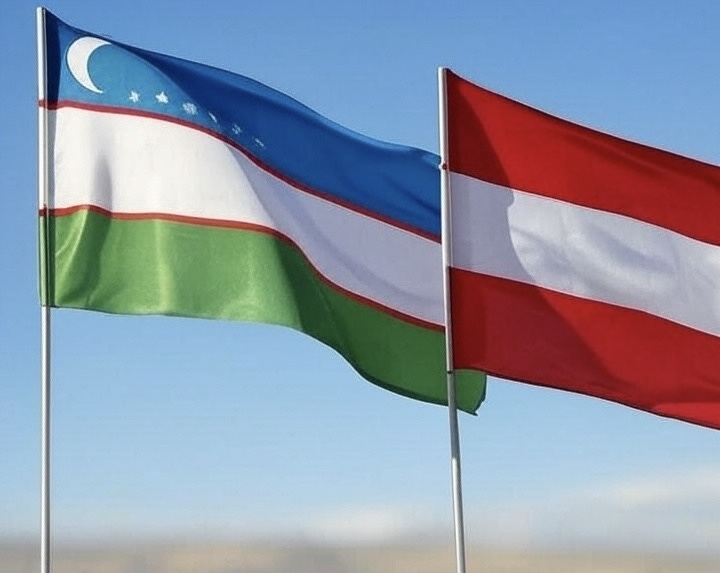

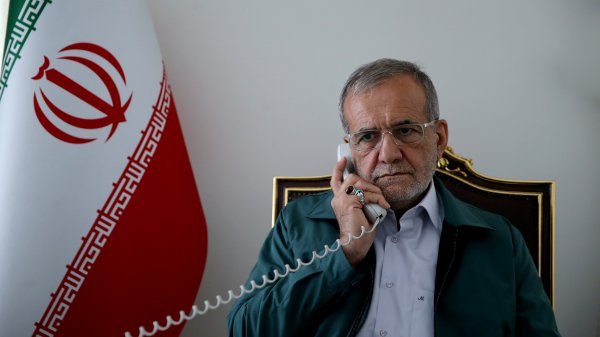






























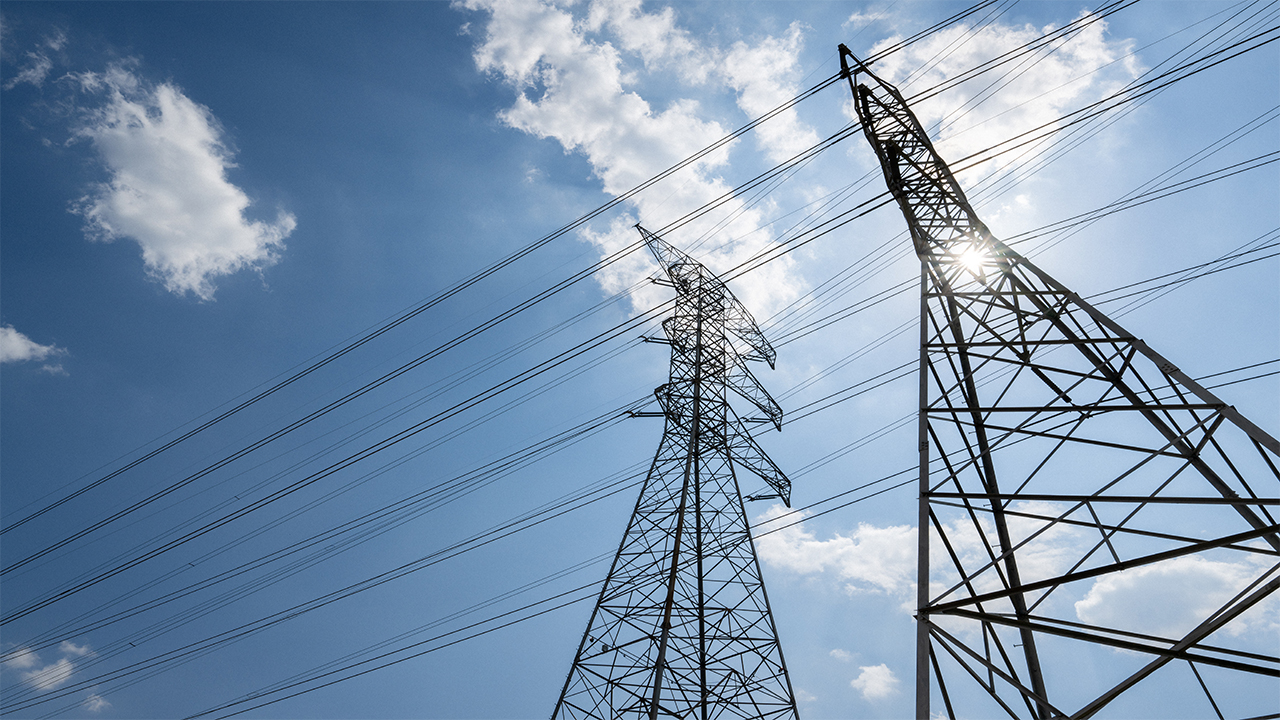




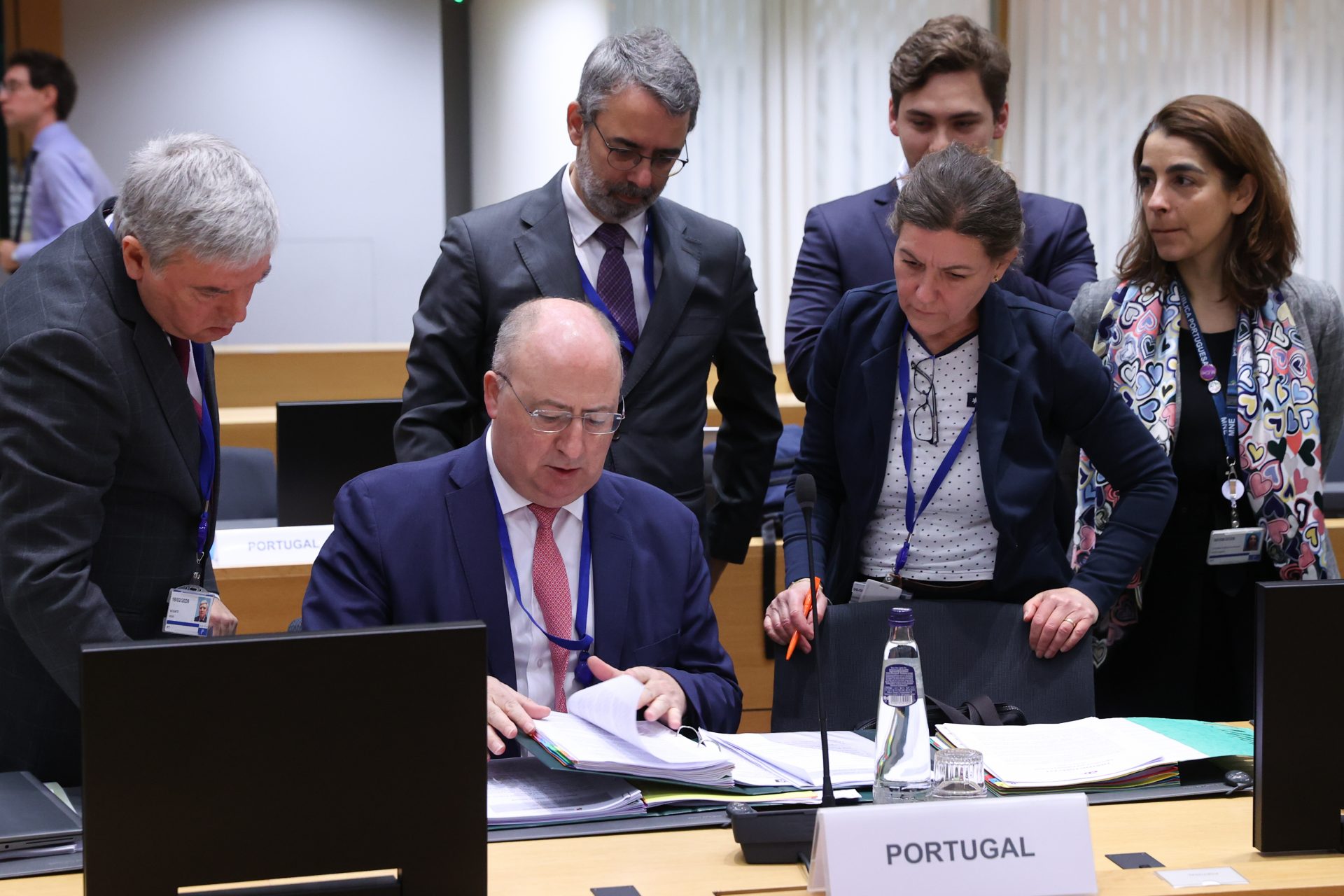
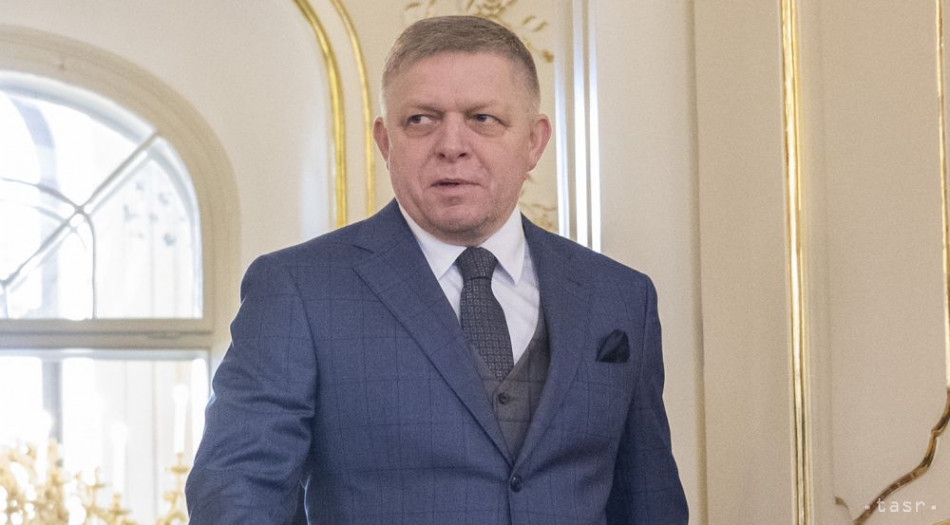
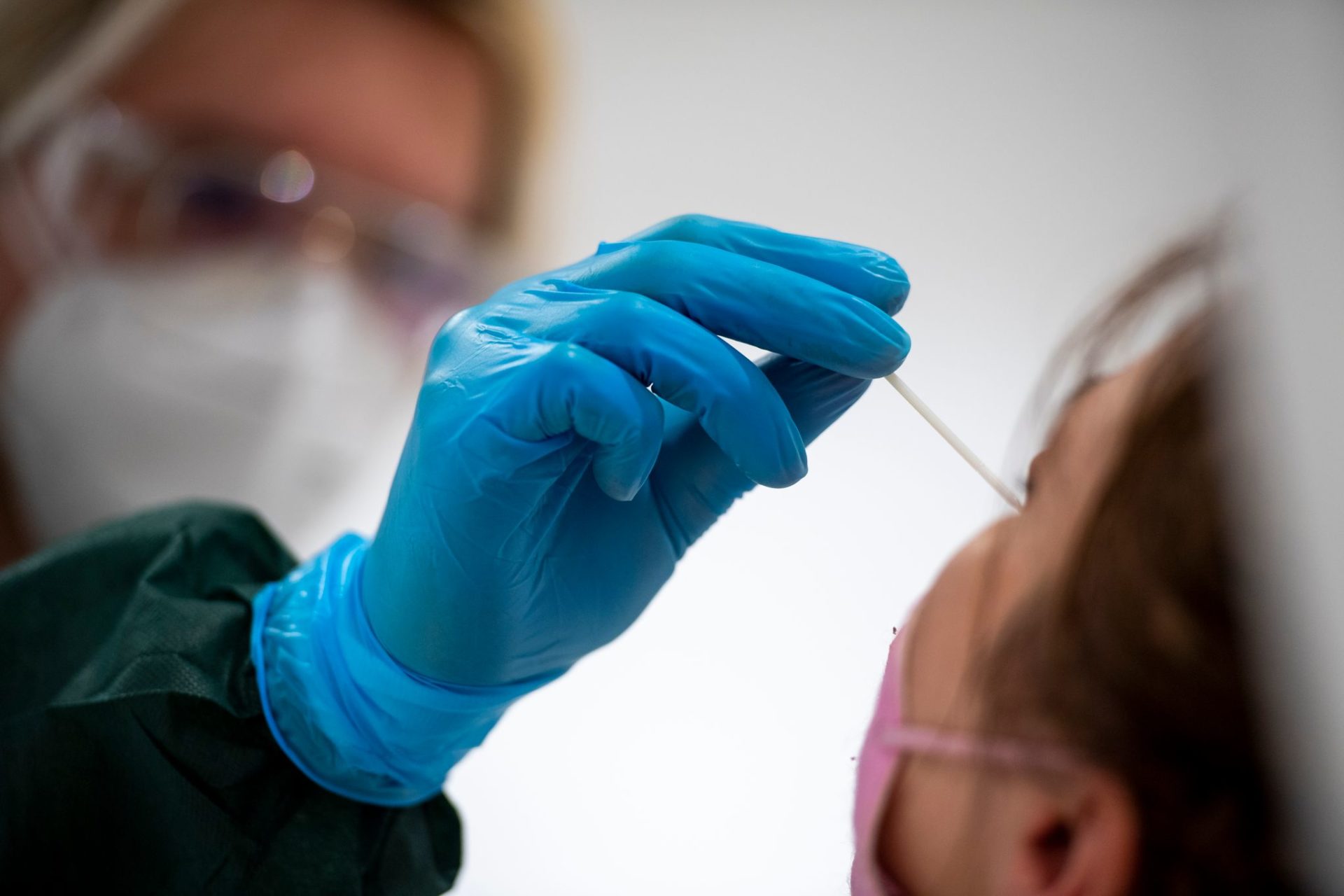
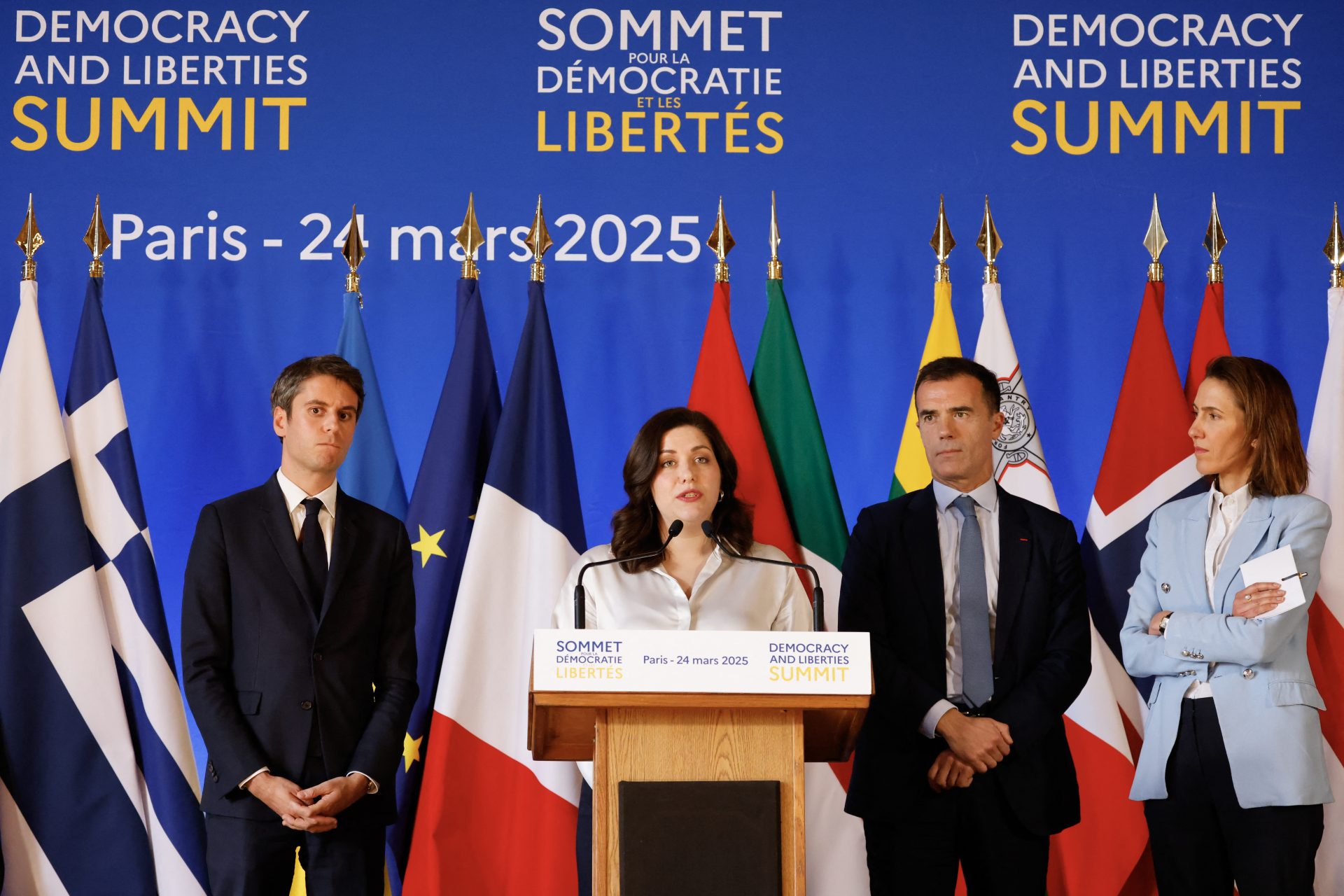
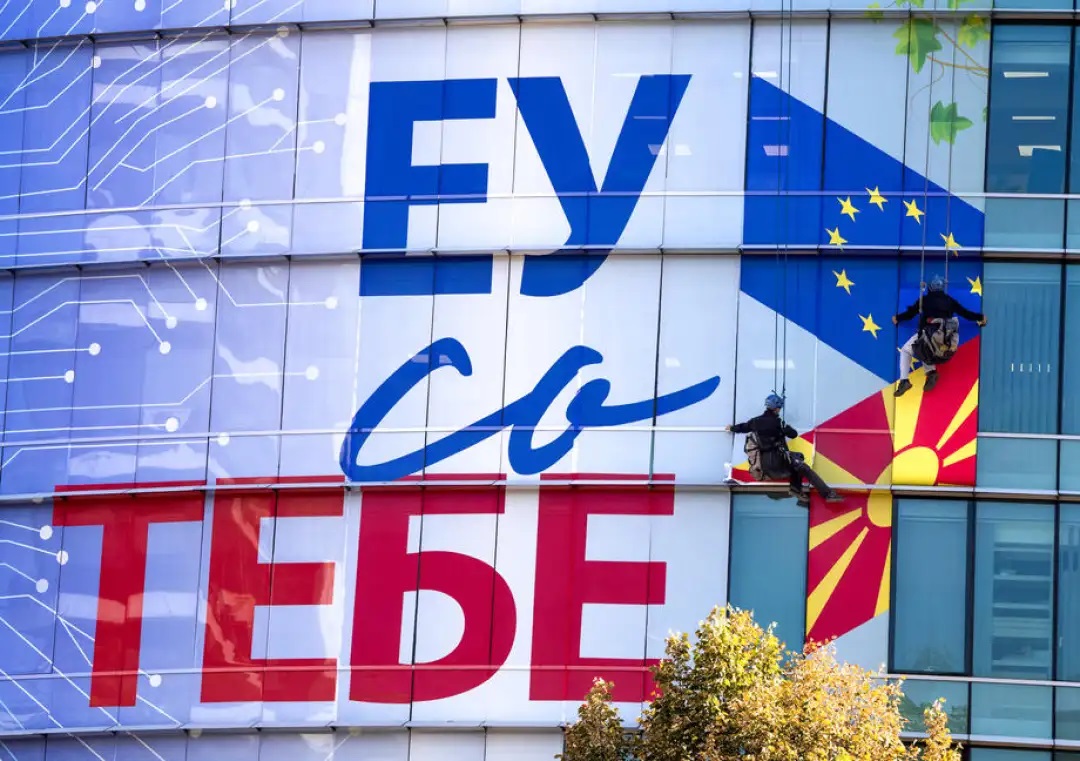
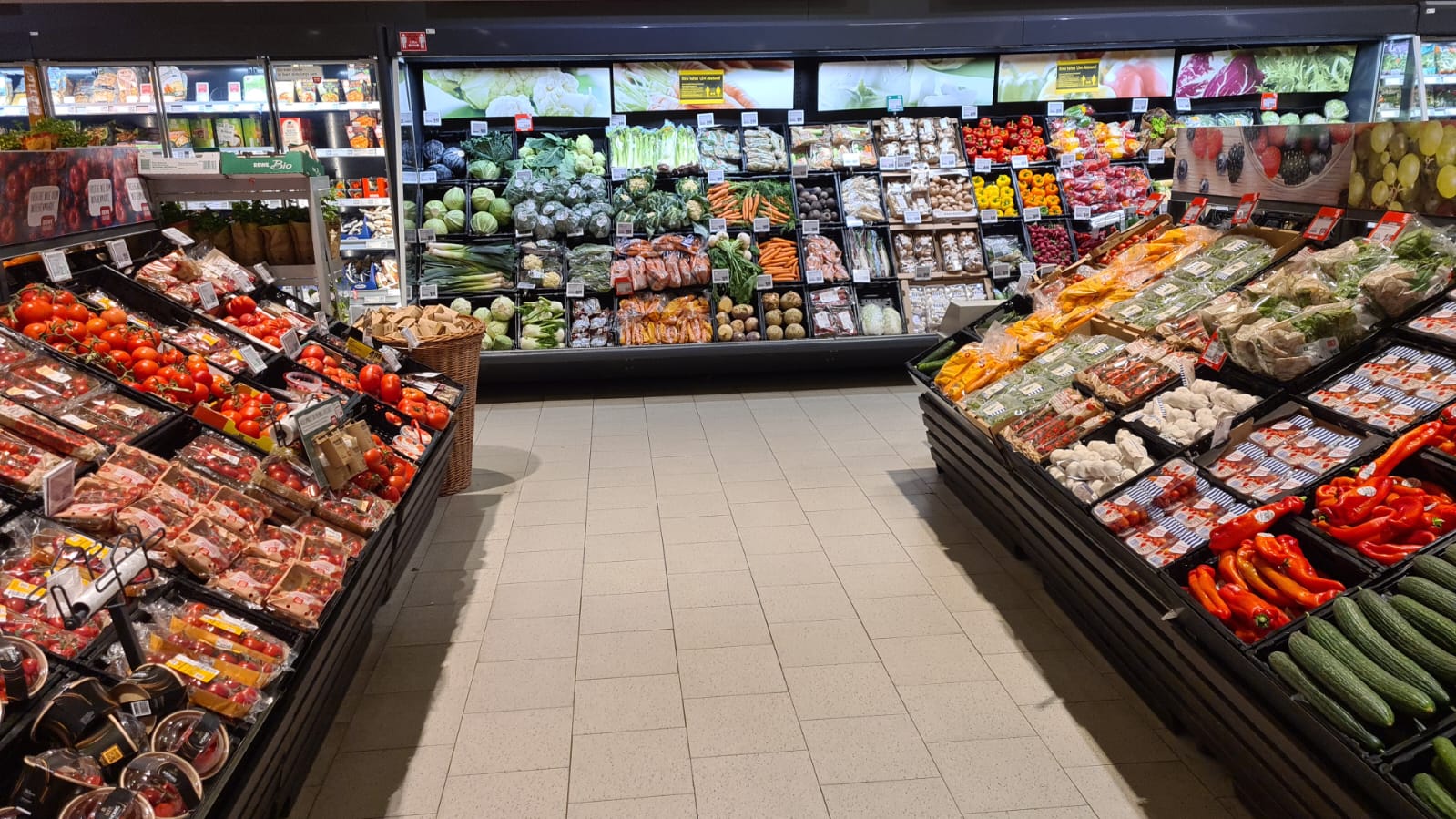


.png?Expires=1838763821&Key-Pair-Id=K2ZIVPTIP2VGHC&Signature=IO0~CT3pU-TcxGc~yoZSmoQx23MZVuK-~4jSii~NKEblRmyO3el7NXPu~Rh1o23voASg7hlcHLw4kvQuDK1jssEhcjoNBBvEpZ~GGOAU6yosBhpHpeF179F~h7i6VxmsBNh9gtTutkoqY73O2YCFey~IAqSzKbBqETP1kP9cAg1916Z1YkJJs-5MliMrkZ5d7-mWGLbpHp2wGj2VlMph8XzYlL4~y1O7fB~JdIS~Rs4RMRs2x0WT1qUIpHAsf3GdwtOyAmKFSpIg8xCyNGZZ5h~13nXlmpd7uPvW8tBfttpG9pFTqcway-uch5WyfHOEfi7UlJCOWrr6fCYY5PMgSg__)






